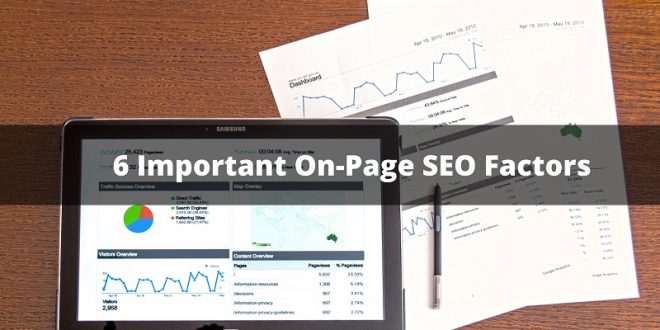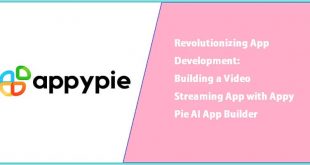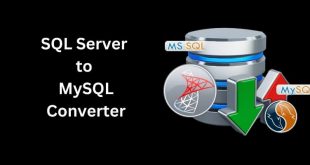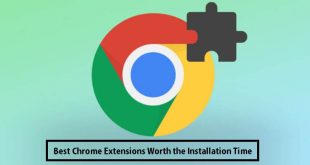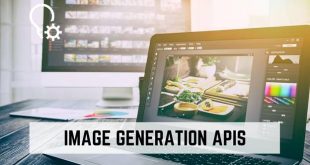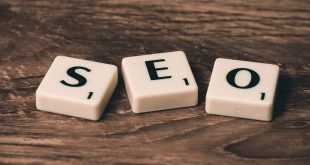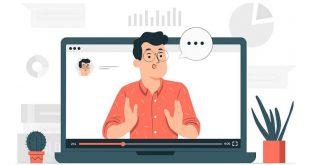On-page SEO is also known as on-site SEO, it is a process of optimizing your website content for search engines like Google and the users. In this post, I will tell you what is onsite SEO and what are the 6 most important on-page SEO factors that you need to know to optimize your website for search engines. Safari SEO in Southampton instructs us that on-page SEO is also known as on-site SEO. It is the process of optimizing your website content for search engines like Google and its users.
So, without wasting more time let’s start.
What Is onsite SEO
Onsite SEO is a process of optimizing your website for search engines to improve website organic rankings and traffic.
If you want to achieve great SEO results for your website, then you need to execute Technical SEO and Off-page SEO practices with your onsite SEO efforts.
Some of the major On-page SEO factors are Meta tags optimization, Internal linking, and Content.
So, without wasting more time let’s discuss the major On-page SEO factors.
1. Title Tag
A title tag is one of the most important factors ofonsite SEO. Every web page of a website has its title tag which describes the topic of that page.
If you want to improve the onsite SEO score of your website then you should optimize your Title tag according to the keyword you are targeting and you should always avoid using duplicate, missing, and poorly written title tags.
2. Content
The content of a web page is also one of the most important onsite SEO factors. The content is what users came to see. That’s why it is very important to create good quality content. Now good quality content has two attributes First it should satisfy the user’s intent and secondly, it must be shareable.
3. Meta Description
A meta description describes what the web page is all about. In SERP (Search Engine Results Pages) meta description appeared below the title of the web page. Nowadays meta description is not a direct ranking factor but a properly written meta description helps improve the CTR (Click Through Rate) of a webpage that influences better organic rankings.
4. Heading Tags
Heading tags are HTML tags that are used to identify headings and subheadings of your web page content. Nowadays Heading tags aren’t majorly important for your website rankings but they indirectly impact the rankings of your website by making your website content more enjoyable and easier to read. When your visitors enjoy reading your content then the dwell time of your website gets improved which improves your search engine rankings.
5. Image Optimization
Good images help your web pages appear more interesting and engaging. But if you don’t optimize the size of your images properly then it can also slow down the performance of your website. That’s why it is very important for you to optimize your images properly. Image optimization offers many advantages such as a Better user experience and ultra-fast loading speed. To compress the size of the image you can use various image optimization tools available on the internet and always add a relevant ALT tag in your images.
6. Avoid Keyword Cannibalization
You should always avoid targeting the same keyword across multiple pages. When you target the same keyword across multiple pages it is called keyword cannibalization. If you perform keyword cannibalization, then it will put a negative impact on your SEO. When you do that you will have multiple pages ranking for the same keyword in that way you will compete with yourself. So it is always recommended to avoid keyword cannibalization. You can hire long island seo services for onsite SEO.
So, that’s all from this blog I hope you get the idea about the 6 important On-page SEO factors that you need to know. If you enjoyed this article, then please share it with your friends.
Now if you have any confusion related to this blog then you can let me know in the comments section down below.
 Free Web Resources , psd, mockups, & web templates Best WordPress Themes & Best Html Templates
Free Web Resources , psd, mockups, & web templates Best WordPress Themes & Best Html Templates
